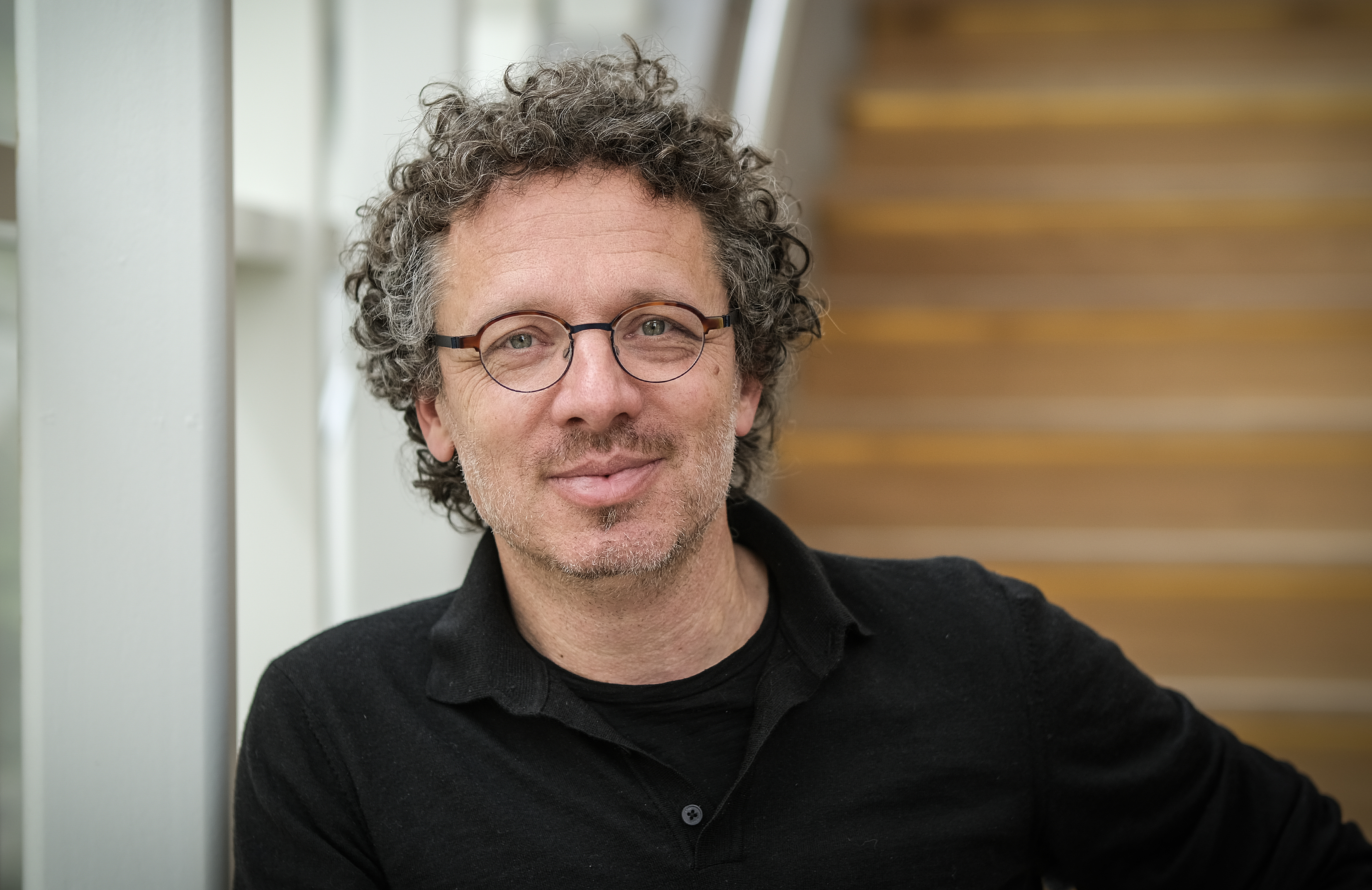New tests lead to more rapid diagnosis and better antibiotic therapy
Thanks to two new tests, pathogens can be detected more quickly and patients can be prescribed antibiotics sixteen hours sooner. This can help reduce the prescription of overly broad or unnecessary antibiotics. The development of these tests, paired with increased awareness for its implementation in daily practice, is important for developing an effective antibiotics policy. These were the conclusions drawn by Judith Beuving in her dissertation titled, 'Rapid diagnosis of bloodstream infection: from theory to clinical practice.'
The dissertation describes two new and reliable tests that can identify the pathogen and determine its sensitivity to antibiotics sixteen hours sooner. 'If we suspect that a patient may have a bloodstream infection, we always administer antibiotics right away,' says Beuving. 'These are often broad-spectrum antibiotics used for the most common pathogens. Unfortunately, this isn't always the right antibiotic for the bacteria in question, particularly in our age of increased resistance to antibiotics. The rapid test can help us administer the right antibiotic sixteen hours sooner. If we can determine which pathogen is causing the infection at an earlier stage, we can avoid prescribing overly broad or unnecessary antibiotics and thereby also reduce the development and spread of antibiotic-resistant bacteria. In order to create an effective antibiotics policy, it's important to develop rapid tests and raise awareness for the implementation of these tests in clinical practice.'
The first test involved modifying an existing test to generate faster results. While this adaptation had been described earlier, it had not been extensively tested. A second test was developed to further accelerate the results. The underlying principle had been described previously, but the test could not yet be administered to patients with bloodstream infections. The test was adapted in such a way that it could be used for virtually all blood cultures, with results available sixteen hours sooner than other tests.
Bloodstream infections cause more deaths than any other infectious disease, which is why it's important to start antibiotic therapy as soon as possible. Antibiotics are often prescribed before the pathogen is known. The current techniques take at least forty-eight hours to determine whether the right antibiotic has been administered.
Note for the press:
Judith Beuving will receive her PhD from the UM Faculty of Health, Medicine and Life Sciences on 26 May 2016. For more information about the contents of this press release, please contact Judith Beuving by email at /judithbeuving@gmail.com.
Also read
-
Drawing blood, inserting an IV, or looking into the ear; even seemingly simple medical procedures can cause anxiety, pain, and stress in children. According to pediatric intensivist Piet Leroy, comfort and trust are just as important as the medical treatment itself. Therefore, he is researching how...
-
Maastricht University students have won the Dutch final of the student competition Ecotrophelia, a drinking vinegar based on apple cider vinegar, fruit and herbs.
-
In the upcoming months, we’ll share tips on Instagram for our students on how to live a healthier life. Not just a random collection, but tips based on actual research happening at our faculty. The brains behind this idea are Lieve Vonken and Gido Metz, PhD candidates at CAPHRI, the Care and Public...


